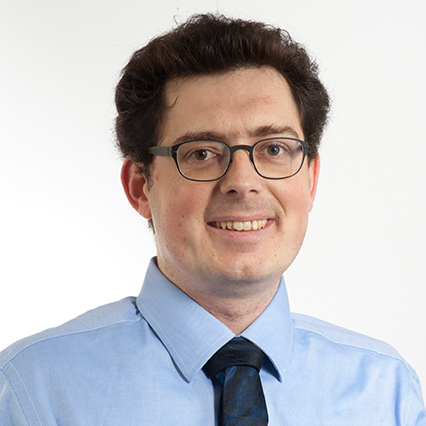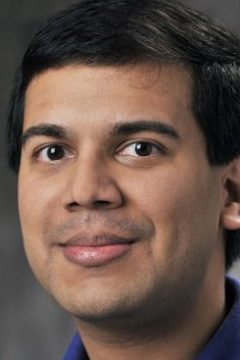The project team for Codebreakers 2020 are:
Cynthia Brossman

Cynthia Brossman is Director of the Learning Resource Network (LERNet) a center at Boston University dedicated to promoting science, technology, engineering, and mathematics. LERNet offers programs to K-12 teachers and students that encourage their interest in STEM disciplines and promote awareness both of careers and research in these fields. In addition to Codebreakers, LERNet programs include Artemis, BIOBUGS, Summer Pathways, and GROW, several of which focus on encouraging young women to pursue STEM.
LERNet also administers GLACIER, an NSF GK-12 program focused on Global Change, and in the past, has administered an RET in Biophotonics, PROSTARS (an NSF STEP grant), and WIN (Women in Networks), an NSF PAID award.
LERNet also took a lead in forming the Boston Area Girls STEM Collaborative, a coalition of local universities and non-profits that advocates for girls in science and implements programming to increase their participation in STEM activities. LERNet has helped organize their two annual flagship programs, S.E.T. in the City and Tech Savvy, for the past eight years.
Manuel Egele

Manuel Egele is an Assistant Professor at Boston University’s Department of Electrical and Computer Engineering. His research interests cover most aspects of security, in particular software security, security in embedded systems (IoT), and mobile systems security and privacy. He received his Ph.D. in Computer Science in 2011 from Vienna University of Technology, and his M.Sc. in Computer Science in 2007 Vienna University of Technology. He leads Boston University’s Secure Systems Lab and is a proud member of the International Secure Systems Lab.
Mayank Varia

Mayank Varia is the Director for the MACS project. His research interests span theoretical and applied cryptography and their application to problems throughout computer science. Previously, he worked for four years at MIT Lincoln Laboratory, where he designed and evaluated high performance privacy-enhancing data search technology, created information theoretic metrics to quantify privacy, and developed algorithms to capture linguistic provenance automatically. He received a Ph.D. in mathematics from MIT for his work on program obfuscation.
